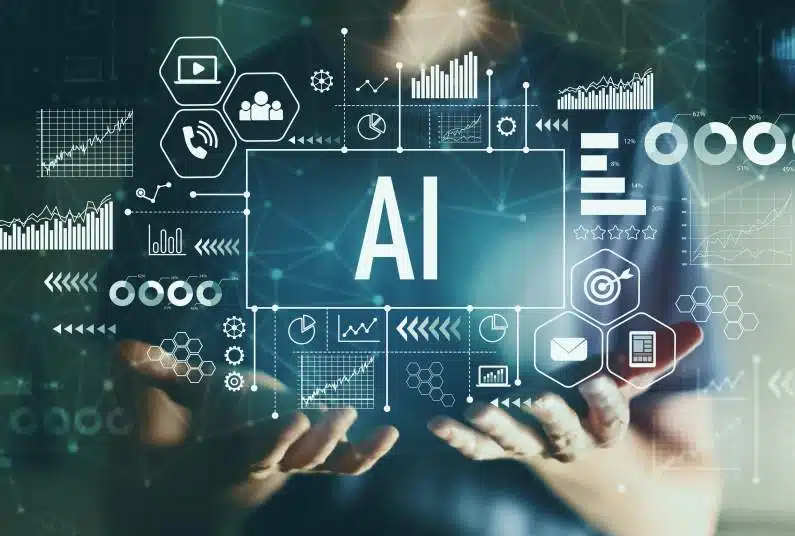AI is rapidly changing how we view and interact with the world and has the potential to disrupt our ways of life. One of the most surprising effects of artificial intelligence occurs in the translation industry.
Thanks to AI gadgets and software, communicating with others and interpreting information from different languages is much easier.
According to Statista, the global market for AI software grew by 54 percent in 2021.
Furthermore, the scope of this technology is so great that its market size will reach $22.6 billion in the period 2019-2025.
If you are passionate about languages and want to learn more about using AI to improve your translation experience, read on to learn more.
Will AI Transform Translation? The Most Innovative Gadgets and Software
The advancement of technology means new devices and computer programs that streamline human communication.
Languages and cultures will no longer have many limitations. With artificial intelligence, translation is faster, both for professional translators and tourists.
These are some of the key technological innovations in that area.
Google Neural Machine Translation
Google Neural Machine is an AI technology from an internet company that uses deep learning to produce better translations.
This software translates between two different languages without establishing a direct connection.
The intelligent database allows the extraction of the comparison patterns for each word.
The key to this program is the zero-shot translation system.
With this element, the translation is much faster because it supports the vocabularies of 100 languages registered in Google Translate.
Voice Translator
Google Translator, the world’s best-known translation software, is a platform with a useful function based on artificial intelligence.
The application has a voice command that listens to the speaker’s words to translate long sentences.
In addition, this option allows you to transcribe any word you say into your smartphone’s microphone in the same or another language.
Automatic Subtitle Translation
Automatic subtitle translation is one of the easiest technological innovations to use for translations implemented by artificial intelligence.
The SRT platform is one of the most popular systems on the internet which aims to store subtitles for series and movies.
The versatility of this system allows you to translate subtitles in any language into Spanish and English.
Google Lens
Virtual reality devices are the biggest sign of technology’s accelerating advance over the next few years.
Google Lens is one of the most famous gadgets in the global expansion of artificial intelligence.
With this software, among other things, you can see direct translations of foreign words via the camera.
This gadget with built-in software has another very useful function for tourists. If you are in another country, focus your camera on signs, posters, or printed text.
The device’s lens will show you the instant translation of the message in your native language; Apple introduced similar technology in iOS 15.
In addition to translating what you see through the camera, you can also copy and paste the text.
Deepl
DeepL is an online machine translation service. The AI system in this software has a high scope.
You can translate 21 languages with more than 72 language combinations (German, Spanish, French, English, Italian, Dutch, Polish, Portuguese, and Russian). DeepL uses convolutional neural networks with databases.
What Are the Effects of Artificial Intelligence on the Translation Industry?
- Dramatic reduction of manpower: The growth of the educational system based on machine learning will reduce the job outlook of professional translators. This innovation also reduces the demand for human translation services in schools.
- Creates inclusivity: Automated classes with artificial intelligence make it easier for Gen Z students to learn languages.
- Change in the academic scenario: Going beyond the traditional system, students’ interest in an interactive method of learning languages will increase the number of new learners who enrol in language academies.
Conclusion
Artificial intelligence is a powerful, ever-evolving technology. Its growth will mean a significant increase in tech jobs, and the effects of artificial intelligence on the translation industry will be interesting to see as it helps millions of users to access many languages.
Get ready to meet and interact with content in any language and discover everything AI and communication will do in the following years.





